Currently, I have 3 tables:
A customer can have a thousand invoices, and an invoice can have thousand of payments too.
My current query looks like this:
$invoices = DB::table('invoices')
->where('customer_id', $customer_id)
->get();
foreach ($invoices as $invoice) {
// attach payments result to $invoice->all_payments
$invoice->all_payments = DB::table('payments')
->where('invoice_id', $invoice->id)
->get();
}
My query works, though it takes a lot of time. I am looking for an alternative way to do this, performance wise.
My previous query using join:
$data = DB::table('invoices')
->join('payments', 'invoices.id', '=', 'payments.invoice_id')
->where('customer_id', $customer_id)
->get();
Is there a better way of doing this?
